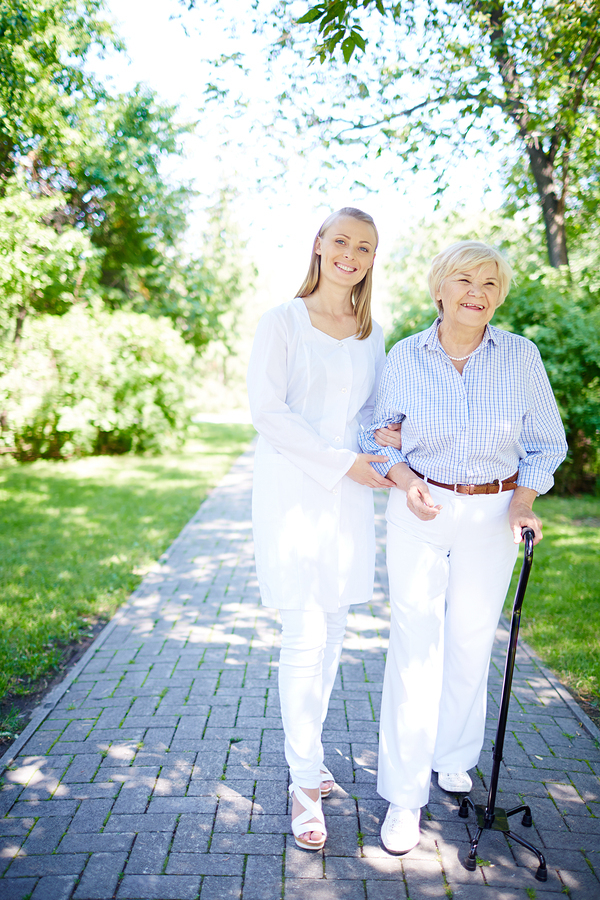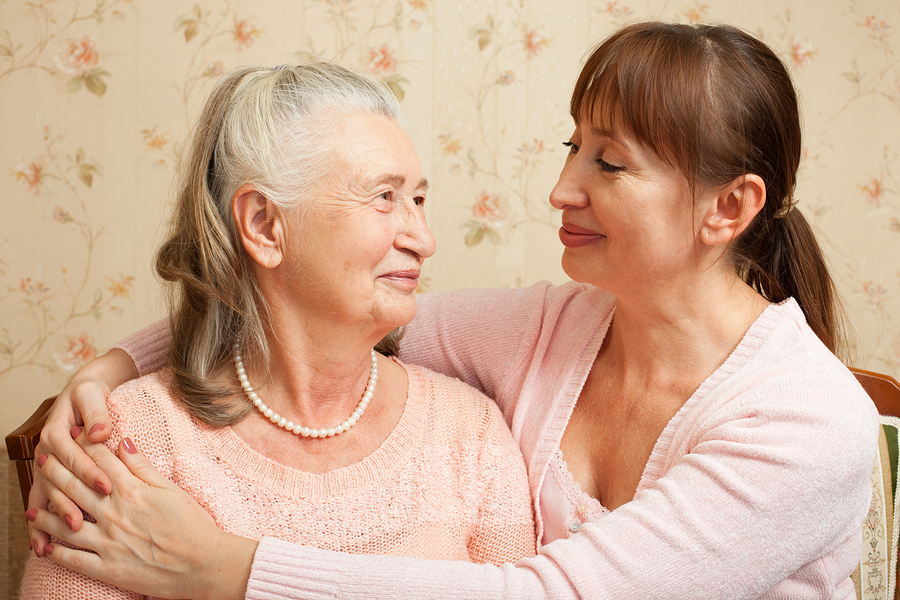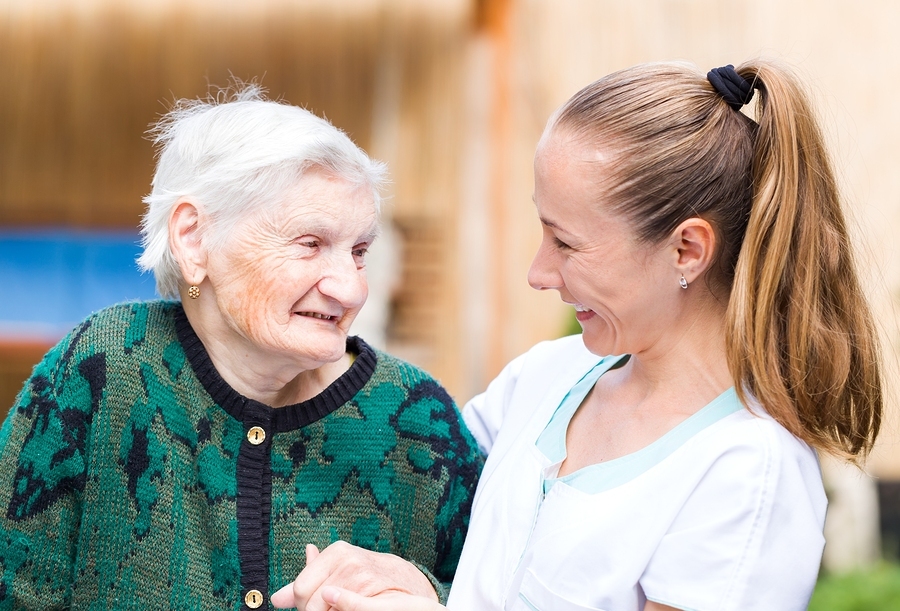The process of aging takes an undeniable toll on a body. Does that mean, however, that an active lifestyle is no longer an option for your loved one?
The answer to that question is a definitive "no." In reality, leading an active lifestyle can be more important than ever as people age.
The Benefits of Exercise and an Active Lifestyle
HelpGuide.org's "Exercise and Fitness as You Age" observes: "Regular exercise can help boost energy, maintain your independence, and manage symptoms of illness or pain. Exercise can even reverse some of the symptoms of aging. And not only is exercise good for your body, it's also good for your mind, mood, and memory."
In addition to structured exercise like weight training or cardio, seniors can derive much benefit from simply maintaining an active lifestyle. Taking a walk in the park, gardening, and generally moving more are all ways to tap into the body's potential to heal and support itself both physically and mentally.










